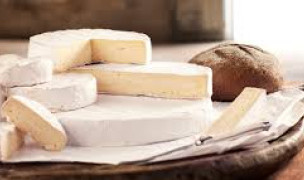 1 Terms
1 TermsHome > Industry/Domain > Chemistry > Organic chemistry
Organic chemistry
Industry: Chemistry
Add a new termContributors in Organic chemistry
Organic chemistry
Mercaptoethanol
Chemistry; Organic chemistry
HSCH 2 CH 2 OH Mobile liquid, water-white; soluble in water, benzene, ether, and most organic solvents; boils at 157_C; used as a solvent, chemical intermediate, and reducing agent.
Nucleophilic substitution
Chemistry; Organic chemistry
A reaction in which a nucleophile bonds to a carbon atom in a molecule, displacing a leaving group. Also known as nucleophilic displacement.
Polyvinyl chloride
Chemistry; Organic chemistry
(H 2 CCHCl)x Polymer of vinyl chloride; tasteless, odorless; insoluble in most organic solvents; a member of the family of vinyl resins; used in soft flexible films for food packaging and in moulded ...
Steric hindrance
Chemistry; Organic chemistry
The prevention or retardation of chemical reaction because of neighbouring groups on the same molecule; for example, ortho-substituted aromatic acids are more difficult to esterify than are the meta ...
Ethyl crotonate
Chemistry; Organic chemistry
CH 3 CHCHCO 2 C 2 H 5 A compound with a pungent aroma; boiling point of 143–147_C, soluble in water, soluble in ether; one of two isomeric forms used as an organic intermediate, a solvent for ...
Hydrogenated oil
Chemistry; Organic chemistry
Unsaturated liquid vegetable oil that has had hydrogen catalytically added so as to convert the oil to a hydrogen-saturated solid.
Metallation
Chemistry; Organic chemistry
The direct replacement of a hydrogen atom by a metal atom in an organic molecule to form a carbon-metal bond.


